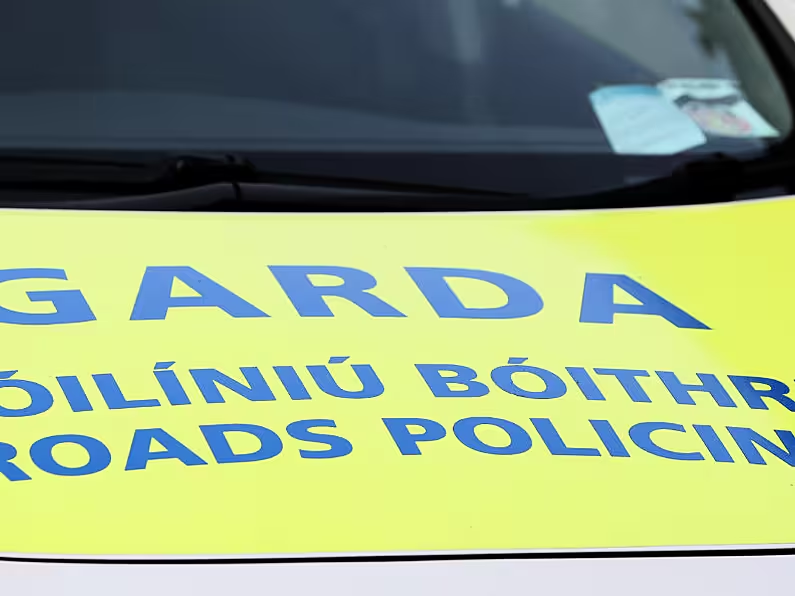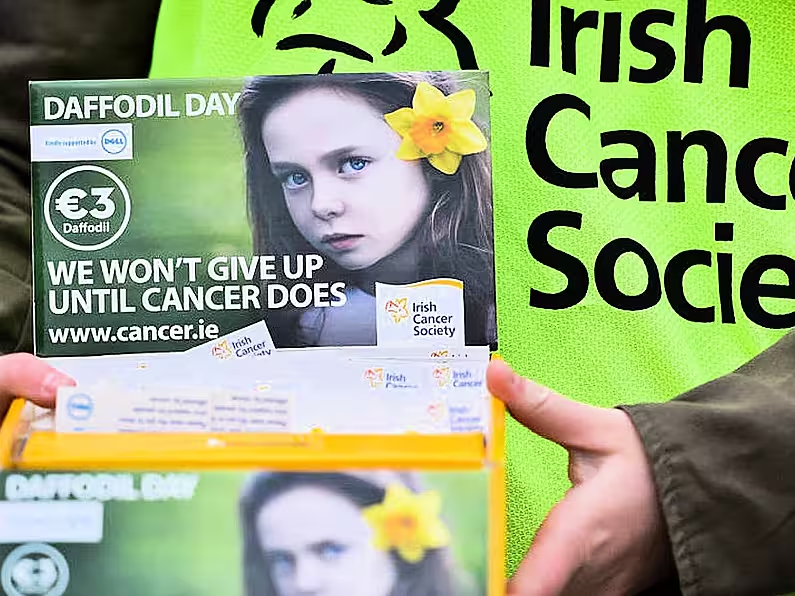
Digital Desk Staff
The public are being urged to stick with the Covid-19 restrictions across the island over Easter with “much brighter days ahead” because of vaccination.
The call comes from the deputy chief medical officer Dr Ronan Glynn and the chief medical officer for Northern Ireland Dr Michael McBride.
They issued a joint statement in the run-up to the Easter bank holiday weekend warning that Covid-19 remains a “very dangerous, very transmissible virus, circulating in our communities that continues to spread and cause serious illness and, sadly, death.
“Most people are making a huge sacrifice and missing time with loved ones in order for us to stay on course with the public health guidance.
“We must ask that, once again, we work together to prevent a further wave of infection by celebrating this Easter safely. Please continue to stick with the public heath advice. Do not give this virus the opportunities it is seeking to spread.”
The Chief Medical Officer for Northern Ireland Dr Michael McBride and I are asking everyone across the island to continue to follow public health advice to ensure everyone can have a safe Easter. #COVID19 https://t.co/gOQbJC4ZdJ
— Dr Ronan Glynn (@ronan_glynn) April 2, 2021
Antigen testing
Meanwhile, Kingston Mills, professor of Experimental Immunology at Trinity College Dublin, has said that rapid antigen testing will add an extra layer of protection in the fight against Covid-19.
As The Irish Times reports, while there were valid concerns about the false sense of security such testing sometimes generated, if rapid tests were carried out two to three times a week it could be very effective as it would pick up the presence of the virus during the peak of infection, he explained.
Rapid antigen testing could be used in schools, universities, workplaces and at sporting and cultural events, he told RTÉ Radio 1’s Morning Ireland programme.
The system was already being used in meat plants in Ireland and in other countries. “It is not being used as widely as it could be in Ireland,” Prof Kingston suggested.
People could have a negative rapid test result, but still be incubating the virus which was why they should be tested two to three times a week, he said. “If it’s being done frequently it will be picked up. It will take infected people out of the system.
“There are huge advantages (to using rapid antigen testing) as an extra layer of protection.”











